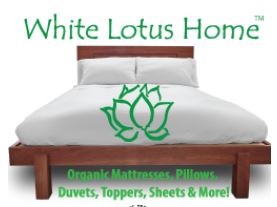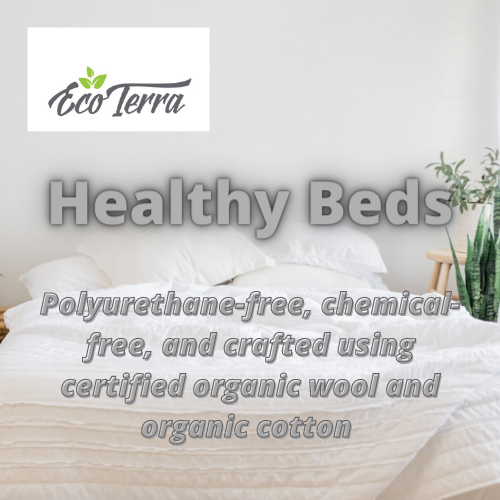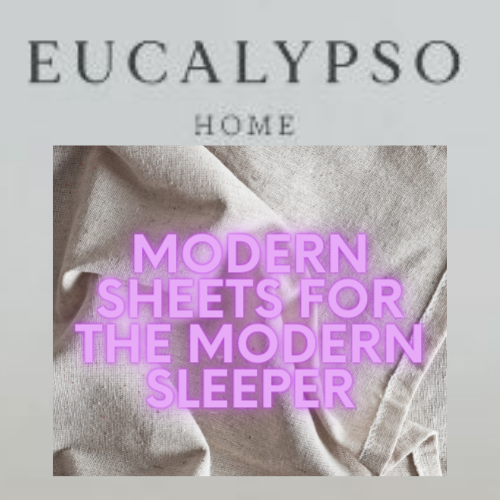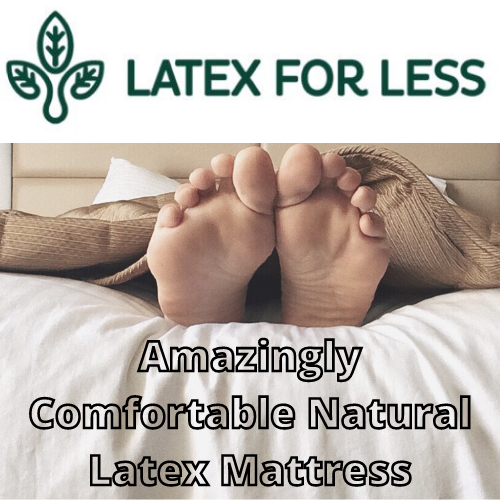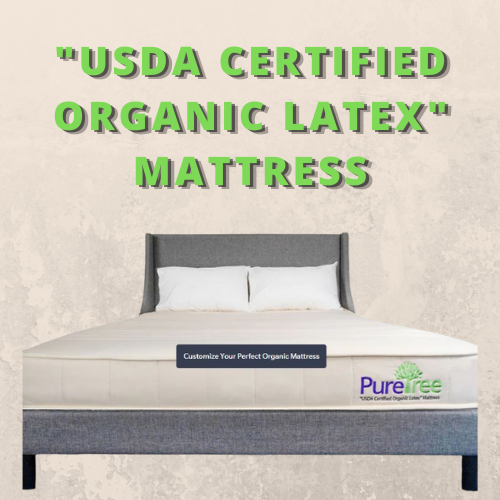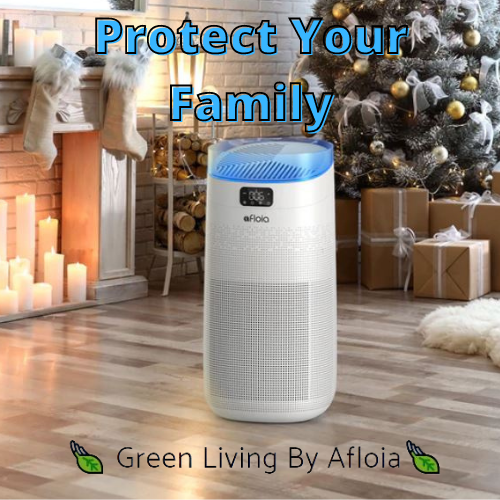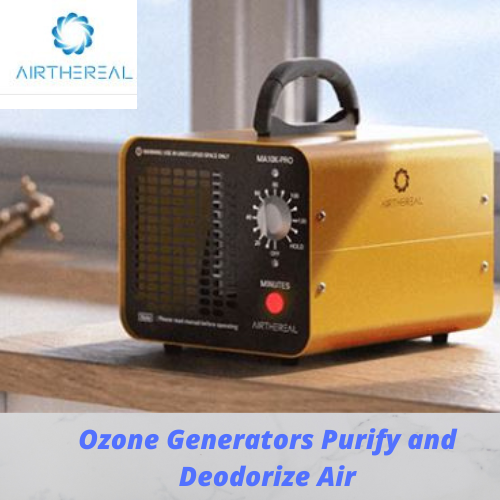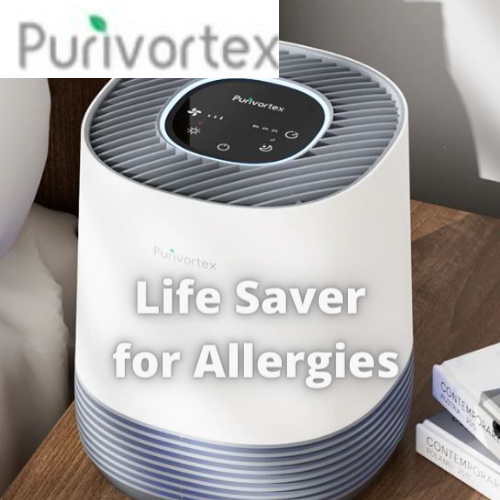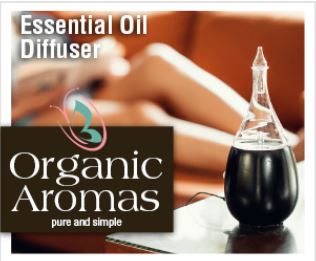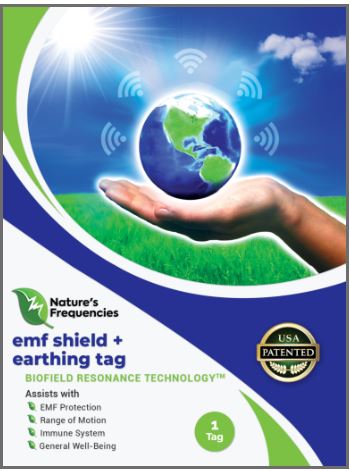It’s estimated that humans spend about ⅓ of their lives sleeping, but most of us really don’t consider the health effects of sleeping on an unhealthy mattress. In this blog, I will discuss what the problems are with most mattresses today and what you should be looking for when ready to purchase your next one.
Most people consider their bed a safe haven, but many commercial mattresses can actually release minute amounts of unhealthy gaseous chemicals called volatile organic compounds (VOCs) through normal use. Studies performed by the Israel Institute of Technology show that your body heat appears to trigger this activity.

These VOCs come mainly from the polyurethane used in the mattress, but also from other chemicals used in flame retardants and plastics.
Harmful Petrochemicals Are Found in Bedding
MOST of what a conventional mattress is made of is petroleum-based. Polyurethane foam is the main ingredient in most mattresses. Polyurethane is not environmentally friendly and is actually dangerous for workers who work in its manufacturing. Flame-retardant chemicals are needed in part because polyurethane is so flammable. Synthetic latex, which is usually made from styrene, is considered a human carcinogen by the EPA. Adhesives also may contain formaldehyde.
Health effects associated with VOCs range from eye, nose and throat irritation to headaches, organ damage, nervous system damage, and liver or kidney damage. According to the U.S. Environmental Protection Agency, some VOCs, including benzene, acetaldehyde, and formaldehyde, have been associated with increased cancer risk.

What to Look for in a Mattress
- Organic Mattress. The best way to be sure that your mattress is good for both you and the environment is to buy a new, completely organic mattress. The best organic mattresses are typically hybrids that include latex or a full-latex mattress because all-natural latex is a great organic material for the environment, your health, and your sleep quality.
- Organic cotton: Organic cotton is created without any chemicals that are harmful to the environment or to the humans. When shopping for a non-toxic mattress, be sure to look for one made with organic cotton rather than non-organic cotton.

- Wool: Wool is naturally a very organic, non-toxic material and it is non-allergenic, and naturally flame-retardant, which means it doesn’t need to be treated with the harmful chemicals.
- 100% natural latex (made from rubber trees) is safer than latex blends. Dunlop latex is considered ideal.
- Rely on certifications from third-party certifying bodies. A most trusted organization is the Global Organic Textile Standard (GOTS) certification. At least 95% of the mattress must be made of certified-organic materials, and certain chemicals are prohibited entirely, even for that other 5%. These include polyurethane foam, heavy metals, formaldehyde, and the fire-retardants. A GOTS certification on a mattress means that the entire manufacturing and distribution process is environmentally safe and socially responsible.

The important thing to remember is that mattress companies are not required to disclose all that goes into their mattresses. According to “Clean and Healthy New York”, an organization that advocates within the state of NY for restricted use of toxic chemicals across multiple industries, say that these manufacturers employ a wide variety of fancy features such as memory foam, cool gel, flame retardant and other terms, but not what toxic by-products are being released! In essence masking, their ingredients. Especially concerning are the mattresses you order online and have delivered in a box.
So, I hope you learned about the toxins commonly found in your everyday mattress and what you can do to find one that is healthy and safe. Also click on the video below on the toxicity of paints and what you can do to protect yourself when starting that new painting project.

About Us
As holistic dentists, we've recommended products and services that supported our patients’ health for decades. In experiencing our own health challenges from mercury toxicity, we worked closely with many natural, alternative, and integrative health practitioners who aided our recovery as well as our patients’. We built this site to provide you with a simple-to-use, comprehensive, informational, and functional resource for your physical, emotional, and spiritual health & well-being.





